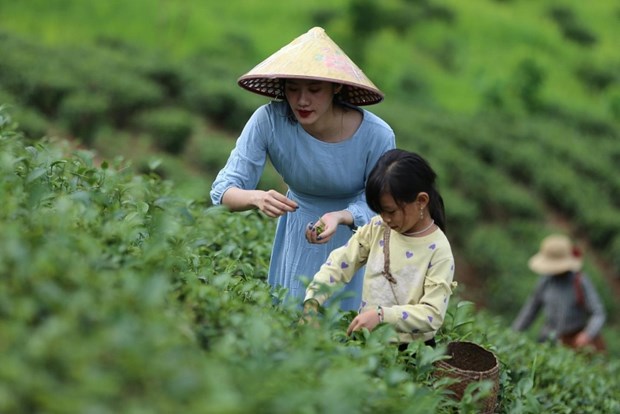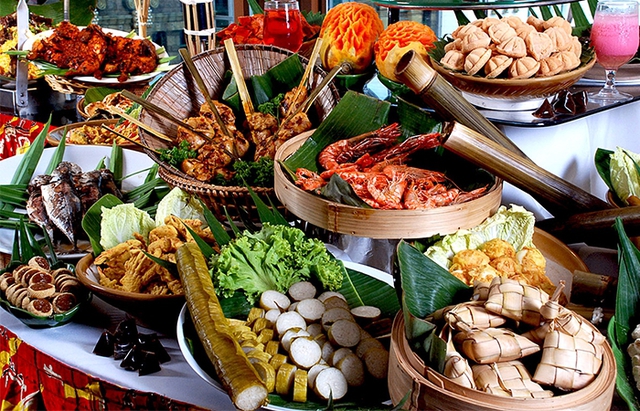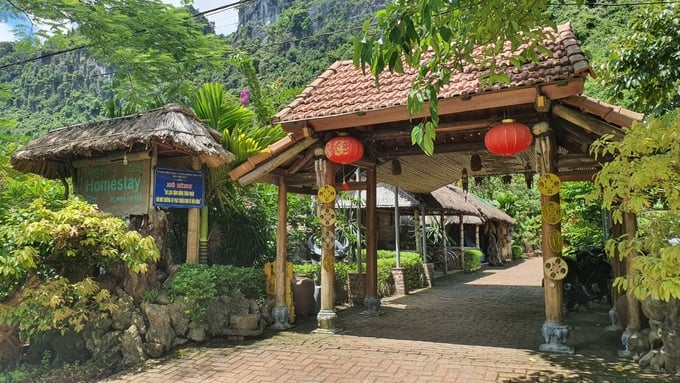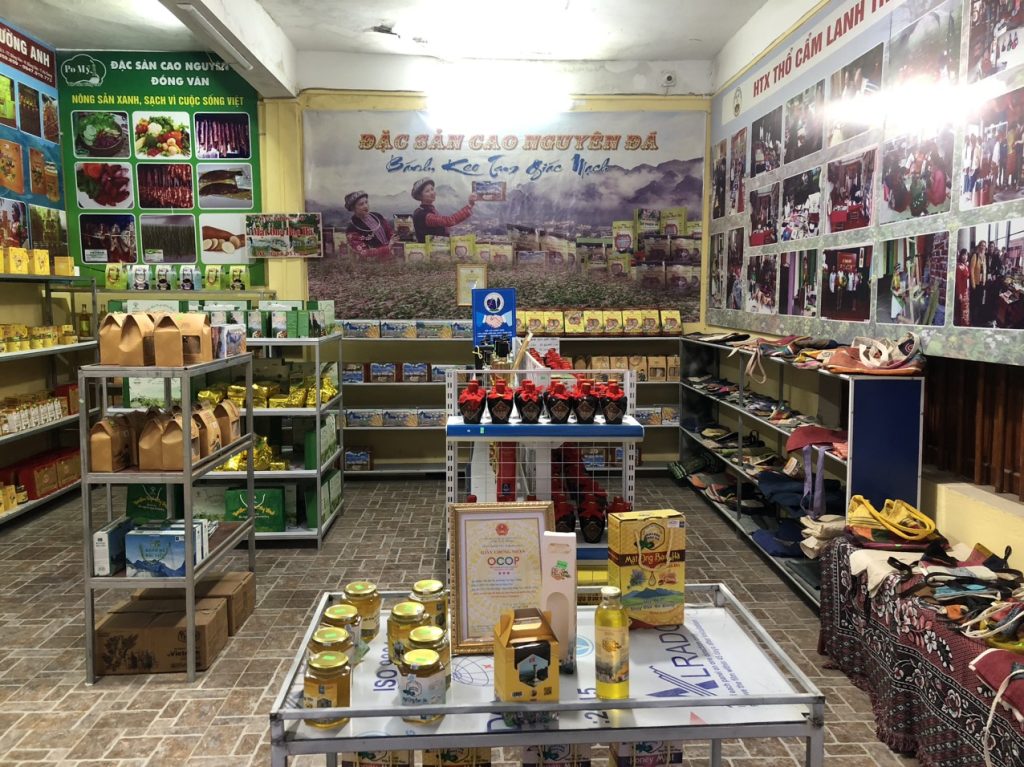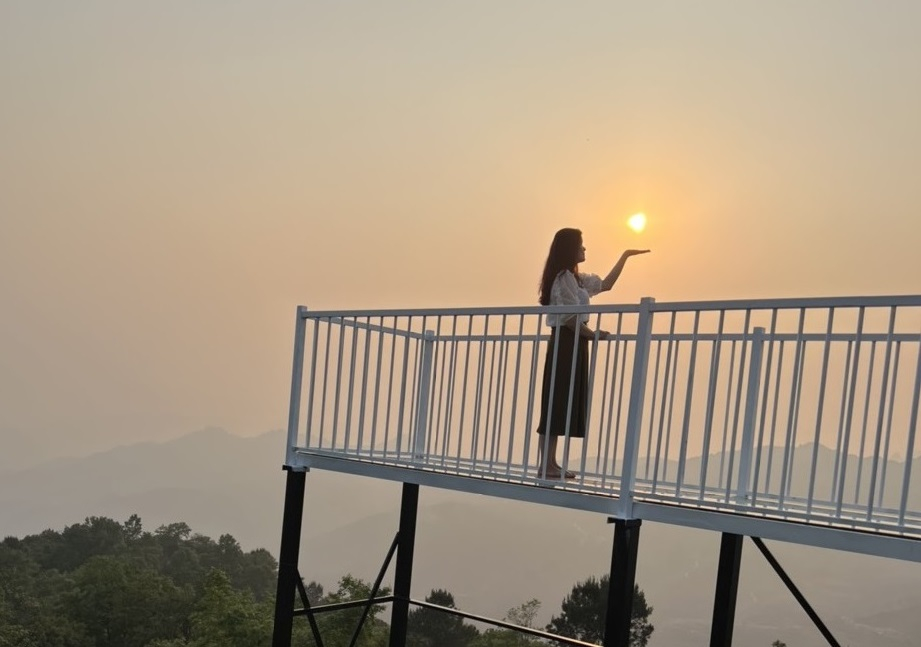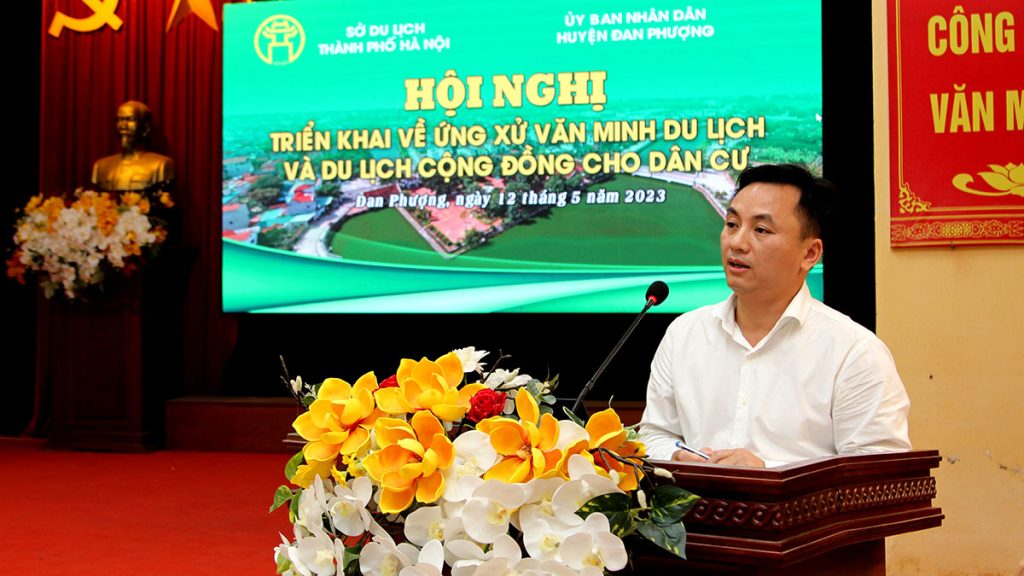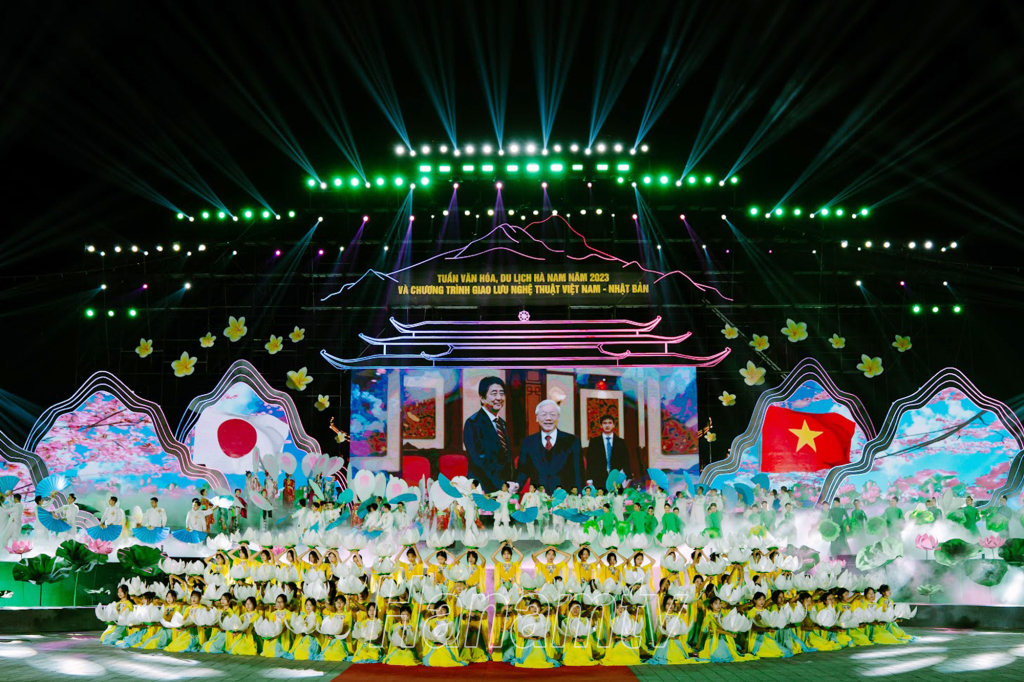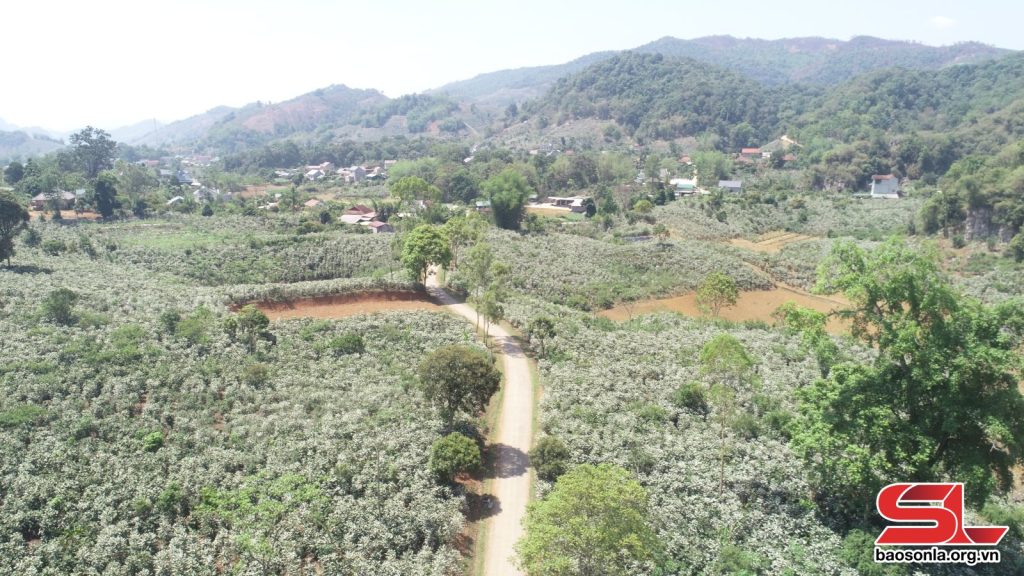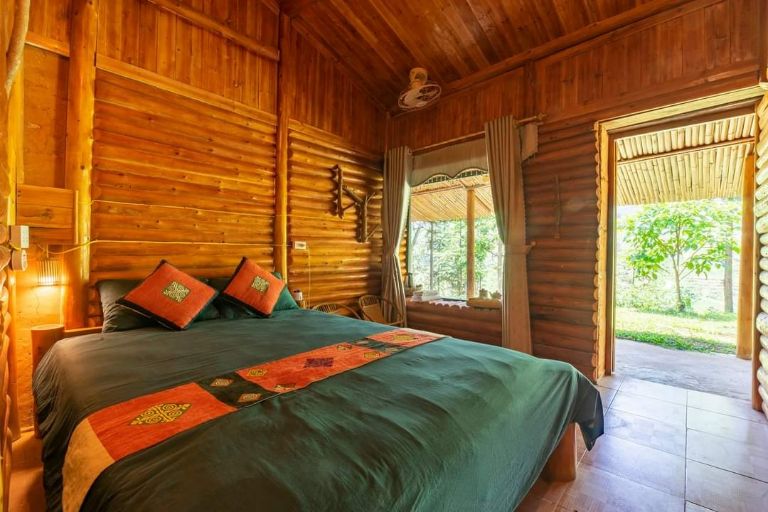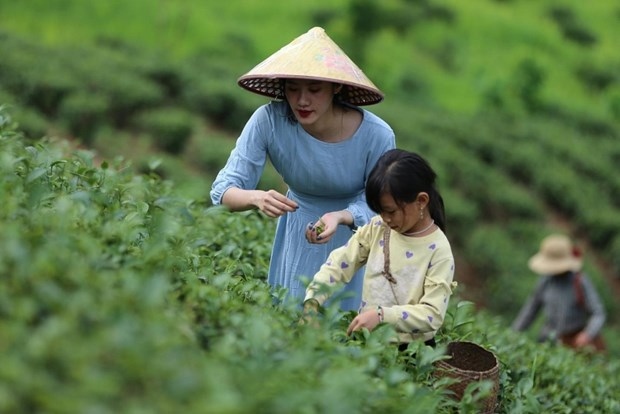
Agrotourism is said to drive Vietnam’s post-pandemic tourism. (Photo: vneconomy.vn)
The type of tourism is a new direction in line with the country’s strategy of agricultural economic development towards green agriculture.
According to the Ministry of Agriculture and Rural Development, Vietnam now has more than 1,300 tourist sites under the management of local administrations, about 70% of the sites are in rural areas. They are considered an important resource to promote rural development, create jobs and incomes for people, promote rural economic restructuring, and preserve traditional cultural values.
The northern province of Ha Giang is one of the first localities in Vietnam to develop rural tourism, aiming to improve people’s living conditions and develop new-style rural areas.
Ha Giang has focused on investing in infrastructure, renovating the landscape, and preserving the traditional cultural values of ethnic groups.
Up to now, electricity is available to all of its cultural and tourist villages, cars can reach villages and the provincial authorities funded more than VND16 billion (US$680,500) to build proper toilets at 272 households that offer homestay services.
The province also regularly opens training courses to improve tourism skills for local people.
Sin Di Gai, head of Lo Lo Chai village in Ha Giang province, said that 32 households in the village now offer homestay services to about 1,000 guests monthly.
Thanks to the accommodation services, the households earn VND10-30 million monthly. Other households provide auxiliary services such as growing vegetables, raising black pigs or chickens, and planting buckwheat flowers for tourism purposes.
With prosperous tourism business, the village’s poverty rate has reduced from 80% to nearly 10% now.
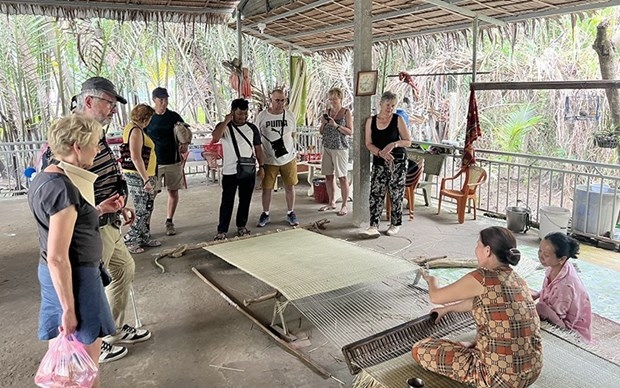
Tourists get to know about mat making in Nhon Thanh commune, Ben Tre province. (Photo: nhandan.vn)
Localities in the southern province of Ben Tre have also developed rural tourism.
In Ben Tre city’s Nhon Thanh commune, homestay services have appeared since 2008. Now, the commune has 11 establishments, which can serve 1,500 visitors per day and provide rooms for up to 250 guests daily.
Huynh Van Muoi, owner of Muoi No homestay and one of the first farmers in the commune to switch from agricultural production to tourism, said that when he started his tourism business, he learned everything from how to receive guests, speak English to preparing foods.
Muoi said that the value of his agricultural products sold to tourists is three times higher than that sold to traders.
He converted all of his 8,000 sq.m of farming land to building tourist areas and homestays for guests. He earns ten times higher than growing sedges and making mats.
Tourism is gradually becoming an important economic sector of Nhon Thanh commune in particular and Ben Tre city in general.
Vice chairman of the People’s Committee of Ben Tre city Nguyen Van Thuong said that agriculture and rural tourism contribute more and more to the economic development of rural communes. It helps create new jobs, boost production and trade. As a result, tourism activities help to improve incomes and quality of life for local people.
The positive impacts of agricultural and rural tourism prove its effectiveness in the development of the household economy in particular, the rural economy, and agriculture in general.
However, according to Minister of Agriculture and Rural Development Le Minh Hoan, many models are still spontaneous, without making differences, and lack linkages.
Many tourist destinations have not cooperated with each other yet and not interested in sharing benefits with the community, he said.
Promotion, connection, and consulting activities have not been oriented, he said, adding that supporting mechanisms and policies have not become a driving force to develop a tourism industry that brings both economic and social values. Synchronous solutions are needed to help the tourism sector reach sustainable values, Hoan added.

